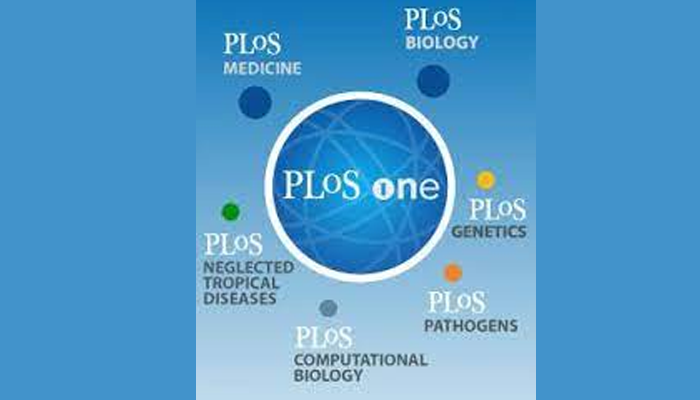Dr. Vinoo Alluri and her student Vishnu Moorthigari published a paper on Feeling moved by music: Investigating continuous ratings and acoustic correlates in PLoS ONE Journal. The other authors of this journal are Jonna K Vuoskoski, University of Oslo, Norway; Aarhus University, Denmark; Beate Seibt, University of Oslo, Norway. Research work as explained by the authors:
The experience, often described as feeling moved, understood chiefly as a social-relational emotion with social bonding functions, has gained significant research interest in recent years. Although listening to music often evokes what people describe as feeling moved, very little is known about the appraisals or musical features contributing to the experience. In the present study, we investigated experiences of feeling moved in response to music using a continuous rating paradigm. A total of 415 US participants completed an online experiment where they listened to seven moving musical excerpts and rated their experience while listening. Each excerpt was randomly coupled with one of seven rating scales (perceived sadness, perceived joy, feeling moved or touched, sense of connection, perceived beauty, warmth [in the chest], or chills) for each participant. The results revealed that musically evoked experiences of feeling moved are associated with a similar pattern of appraisals, physiological sensations, and trait correlations as feeling moved by videos depicting social scenarios (found in previous studies). Feeling moved or touched by both sadly and joyfully moving music was associated with experiencing a sense of connection and perceiving joy in the music, while perceived sadness was associated with feeling moved or touched only in the case of sadly moving music. Acoustic features related to arousal contributed to feeling moved only in the case of joyfully moving music. Finally, trait empathic concern was positively associated with feeling moved or touched by music. These findings support the role of social cognitive and empathic processes in music listening, and highlight the social-relational aspects of feeling moved or touched by music.
Full paper: https://journals.plos.org/plosone/article?id=10.1371/journal.pone.0261151
PLOS ONE is an inclusive journal community working together to advance science for the benefit of society, now and in the future. Founded with the aim of accelerating the pace of scientific advancement and demonstrating its value, the journal community believes all rigorous science needs to be published and discoverable, widely disseminated and freely accessible to all.
The research work published is multidisciplinary and, often, interdisciplinary. PLOS ONE accepts research in over two hundred subject areas across science, engineering, medicine, and the related social sciences and humanities.

